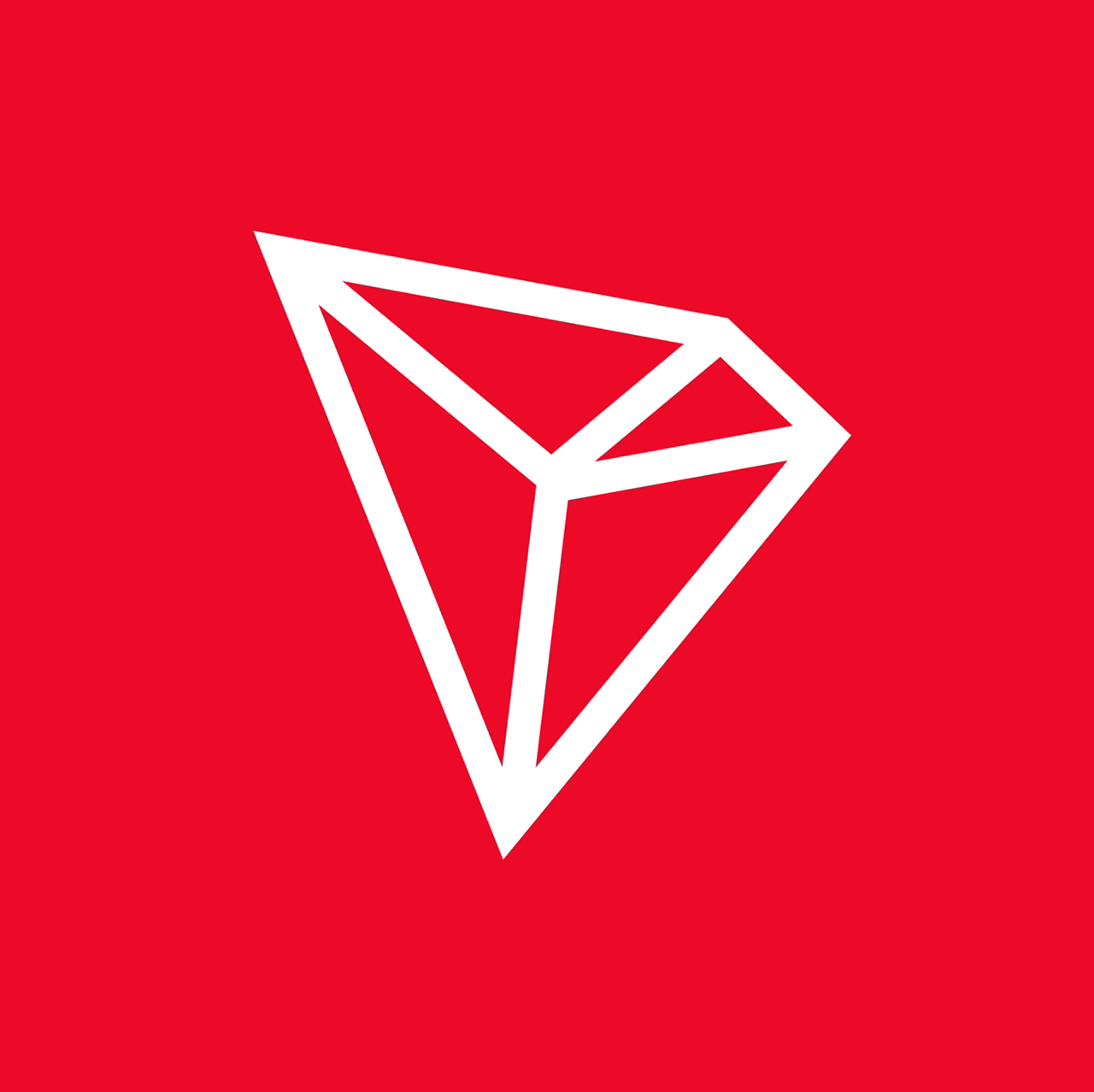Since the beginning of this year, the popularity of Black Myth: Wukong has once again attracted the publics attention to the potential of the high-quality game market. With its excellent production and immersive feeling, Black Myth: Wukong attracted the attention of global players as soon as it was released this summer. With the gradual rise of Web3 games, many people have begun to explore whether this emerging field can also launch similar phenomenal works. In this issue of TRON Knowledge Bureau, we will take you to understand the current status of the Web3 game industry and its future development potential.

Web3 games are games based on blockchain technology, which give players ownership of in-game assets, usually through NFT and other means. Unlike traditional games, Web3 games break the closed economic system. Common models include earn while playing (P2E), GameFi (combination of games and decentralized finance), etc. These models provide players with new economic opportunities and autonomy, and promote innovation in the game industry.
The blockchain game report released by DappRadar shows that in the third quarter of 2024, Web3 games accounted for 26% of the DApp activities in the entire Web3 industry. Daily unique active wallets (dUAW) reached 4.4 million, an increase of 21% from the second quarter. Although classic games such as Pixels still dominate the market, the continuous release of new games shows the vitality of the Web3 game field.
In addition, in terms of financing, Web3 game financing performed well in the second quarter of 2024, with a total amount of US$1.1 billion, a month-on-month increase of 314%. However, financing in the third quarter fell sharply to US$110 million, reflecting that the capital market has gradually become more rational after experiencing a wave of enthusiasm. Although short-term financing has declined, capital is still concentrated on infrastructure construction, which shows the markets long-term confidence in the future of Web3 games.
However, despite the significant growth in Web3 game data, there has not yet been a phenomenal work like Black Myth: Wukong. The main reason is that many Web3 games over-focus on financial incentives and ignore the game experience itself. The P2E model attracts a large number of profit-seeking users, making many Web3 games lack deep entertainment and difficult to establish a lasting user base. Players tend to pay more attention to economic returns rather than immersing themselves in the game story and gameplay, which reduces the long-term appeal of the game.
Technical complexity is also a major obstacle to the popularization of Web3 games. Many games require players to use encrypted wallets or be familiar with blockchain transactions, which is a high threshold for traditional players who are accustomed to seamless experience. Overall, the current Web3 game ecosystem is still immature in terms of user interface and operability, and high transaction fees and network congestion further affect the user experience.
Although Web3 games still face multiple challenges, some technological innovation trends in the industry are developing rapidly, driving its future development potential. For example, the integration of the metaverse allows players to create and trade in the virtual world, ensuring that they truly own digital assets. The development of cross-chain interoperability technology enables resources and data between different blockchain games to be interoperable, improving the overall experience.
The application of decentralized autonomous organizations (DAOs) in Web3 games is also gradually increasing. More and more game communities are participating in game development and decision-making through DAOs, giving players a higher sense of participation. At the same time, AI-driven game mechanisms and programmatic content generation technologies have brought more dynamic and personalized experiences to the gaming world. The advancement of these new trends not only improves playability, but also brings players an unprecedented sense of participation.
At the same time, in recent years, traditional game giants such as Tencent and Shanda have also been actively exploring the Web3 field and promoting the development and application of blockchain games. The entry of these traditional companies shows the industrys long-term confidence in the potential of Web3 games.
Overall, Web3 games still have great potential for development. Although there are no phenomenal works like Black Myth: Wukong yet, with the continuous maturity of blockchain technology and the enhancement of development and innovation capabilities, Web3 games are expected to make breakthroughs in the future and even produce masterpieces with global influence.










